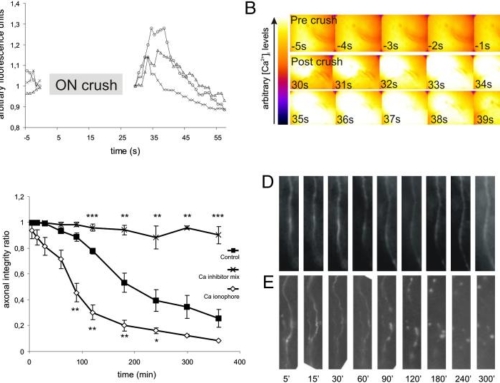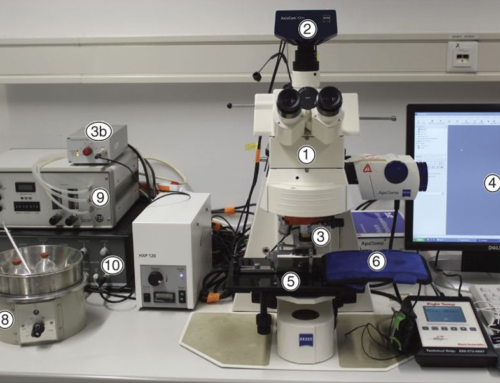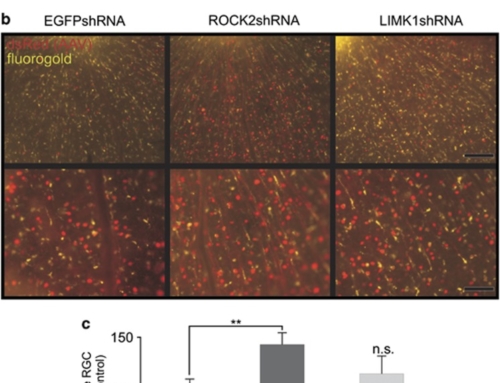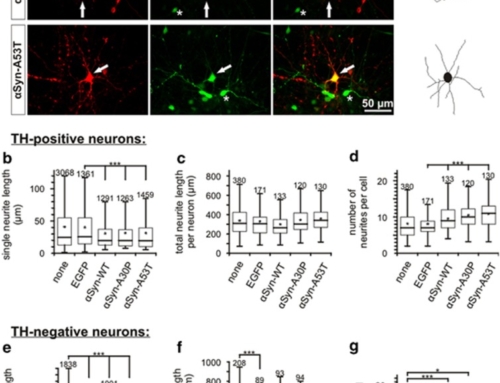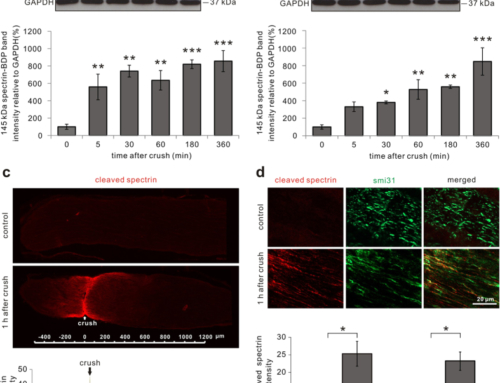
Neurodegenerative disorders like Parkinson’s disease, Alzheimer’s disease, or amyotrophic lateral sclerosis are affecting a rapidly increasing population worldwide. While common pathomechanisms such as protein aggregation, axonal degeneration, dysfunction of protein clearing and an altered immune response have been characterized, no disease-modifying therapies have been developed so far. Interestingly, a significant involvement of the Rho kinase (ROCK) signaling pathway has been described in all of these mechanisms making it a promising target for new therapeutic approaches. In this article, we first review current knowledge of the involvement of ROCK in neurodegenerative disorders and the utility of its inhibition as a disease-modifying therapy in different neurodegenerative disorders. After a detailed description of the biochemical characteristics of ROCK and its molecular interactors, differences of ROCK-expression under physiological and pathological conditions are compared. Next, different pharmacological and molecular-genetic strategies to inhibit ROCK-function are discussed, focusing on pharmacological ROCK-inhibitors. The role of the ROCK-pathway in cellular processes that are central in neurodegenerative disorders pathology like axonal degeneration, autophagy, synaptic and glial function is explained in detail. Finally, all available data on ROCK–inhibition in different animal models of neurodegenerative disorders is reviewed and first approaches for translation into human patients are discussed. Taken together, there is now extensive evidence from preclinical studies in several neurodegenerative disorders that characterize ROCK as a promising drug target for further translational research in neurodegenerative disorders.
ROCK inhibition in models of neurodegeneration and its potential for clinical translation.
Koch JC, Tatenhorst L, Roser AE, Saal KA, Tönges L, Lingor P.
Pharmacol Ther. 2018 Sep;189:1-21. doi: 10.1016/j.pharmthera.2018.03.008. Epub 2018 Apr 3. Review.
[PubMed]
